This article is brought to you by StatBanana, the best Overwatch strategy tool.
As the Overwatch League and the Overwatch Contenders scenes become more intertwined, some players are enjoying the best of both worlds on their way toward the big stage. In 2020, the two-way contract system is more important than ever. This system allows players to be signed to an Overwatch League roster while continuing to play for an affiliated Overwatch Contenders team.
Before the 2019 Overwatch League season began, the two-way contract system was introduced as a way to allow talented players to remain in Contenders while building their skills in the league. Nearly all of the 20 Overwatch League teams in 2019 had an affiliated Overwatch Contenders team. These “academy teams” served to cultivate talent within the tier-two scene. The number of academy teams has been drastically reduced in 2020 since multiple teams have departed Contenders, but the two-way contract system remains in place.
In 2019, two-way contracts were given to players like Blake “Gator” Scott of the Atlanta Reign, who also played main tank for ATL Academy, and Aaron “Bischu” Kim, who stepped down to play off-tank for Gladiators Legion amid health issues. Two-way contracts were also much simpler in 2019, stating that players couldn’t participate in both a Contenders match and Overwatch League match in the same week. Players would also be taken out of Contenders eligibility if they played more than two Overwatch League matches in a single stage.
Problems emerged early in the season due to this simplicity. Cameron “Fusions” Bosworth was given a two-way contract to play for both the Boston Uprising and Uprising Academy in Overwatch Contenders. Fusions played in two matches during stage one. As a result, he was taken out of play directly before a match with the Shanghai Dragons due to two-way contract limits. Fusions was later given a standard contract, allowing him to play every week of the Overwatch League.
Two-way contracts in 2020 have been updated as a result of 2019 snafus. Since there are no stages in the 2020 Overwatch League season, two-way players are now restricted to a set amount of games within a time period.
If a two-way player appears in two Overwatch League matches within a month, they lose their Contenders eligibility for 60 days. Additionally, any two-way player “who competes in more than 50 percent of their team’s total maps played in the 2020 Overwatch League season will be ineligible to compete in Contenders during the offseason period,” according to the roster construction rules. After appearing in any Overwatch League match, two-way players can’t participate in a Contenders match during the same week.
One restriction has been lifted, however. Four two-way players may compete in any Overwatch Contenders match, up from the two-player limit mandated in 2019. Most importantly, two-way players are still given the security of an Overwatch League contract. Every two-way player counts “toward the Overwatch League roster limit and must earn the same salary and benefits.”
Some 2020 two-way players will likely see considerable Overwatch League playing time. Toronto Defiant DPS Liam “Mangachu” Campbell stepped back from full-time Overwatch League duty and will act as a two-way player for the Montreal Rebellion. The Boston Uprising promoted off-tank Walid “Mouffin” Basal with a two-way contract, leaving him time to play for Uprising Academy. Veteran DPS Weida “Diya” Lu will split his time between the Shanghai Dragons and Overwatch Contenders China as a part of Team CC.
The 2020 Overwatch League season begins Feb. 8 in Dallas and New York. Teams are allowed to sign new players, including two-way players, until late June 2020.




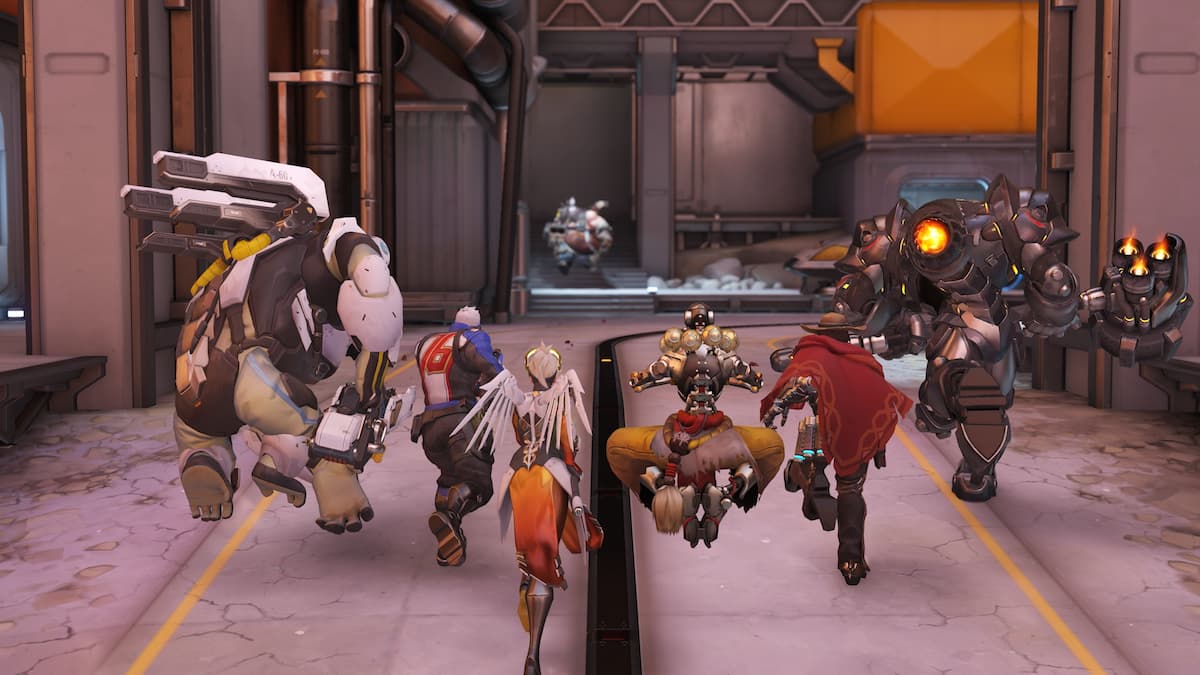

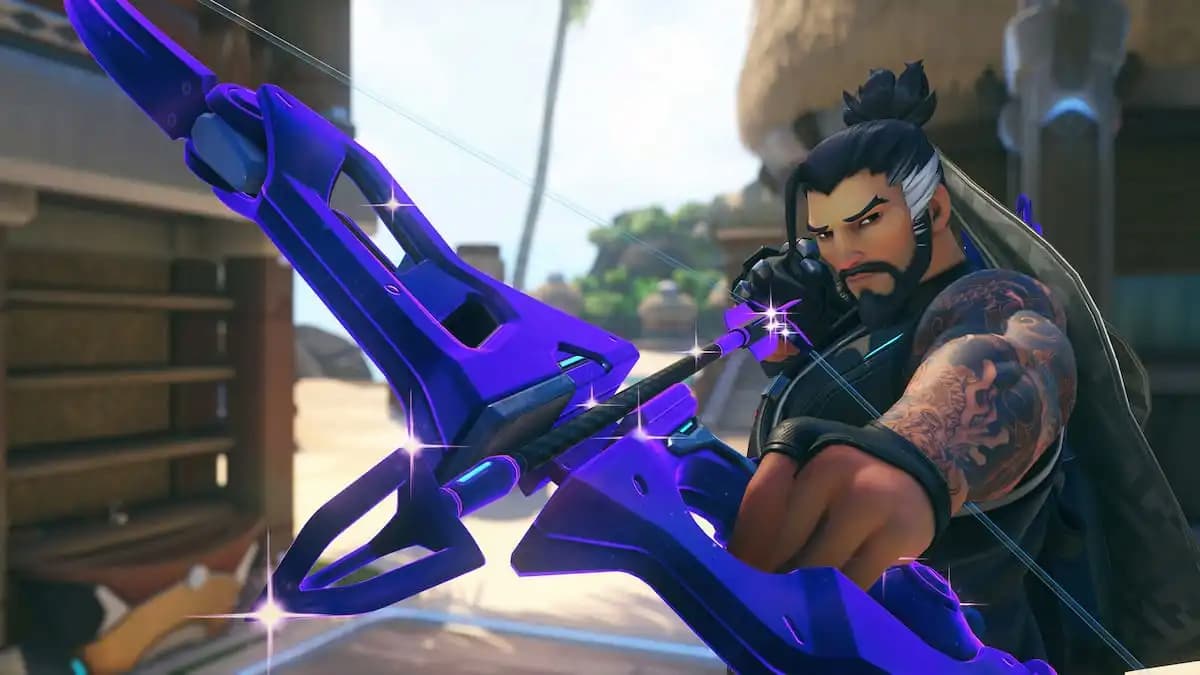
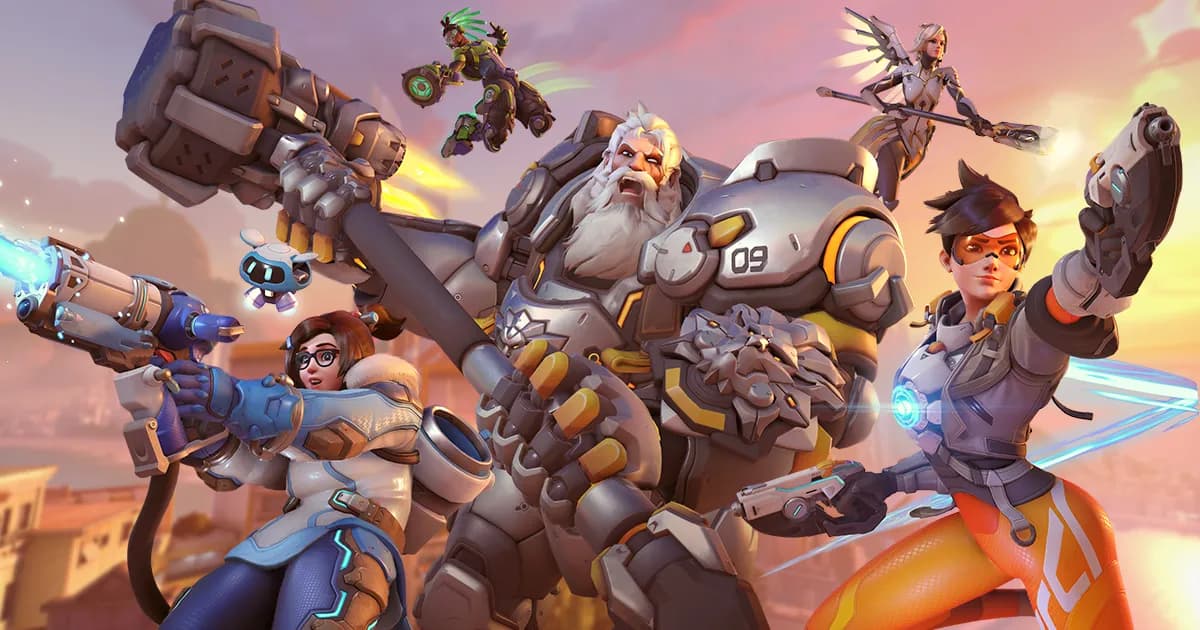
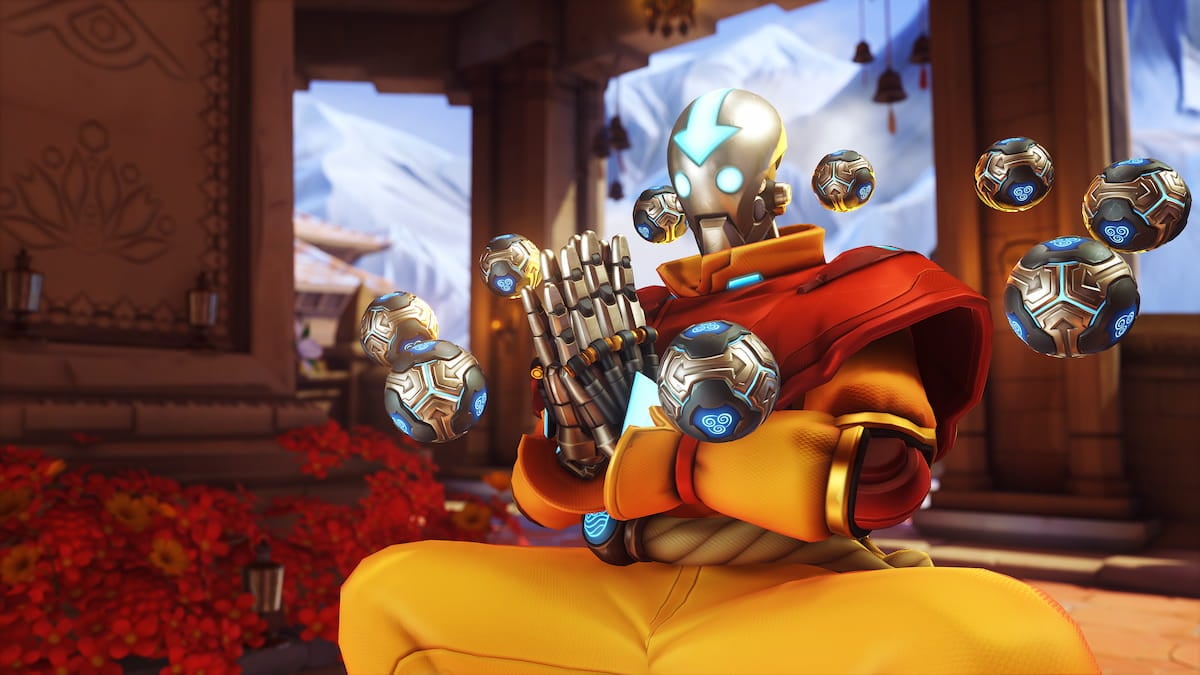
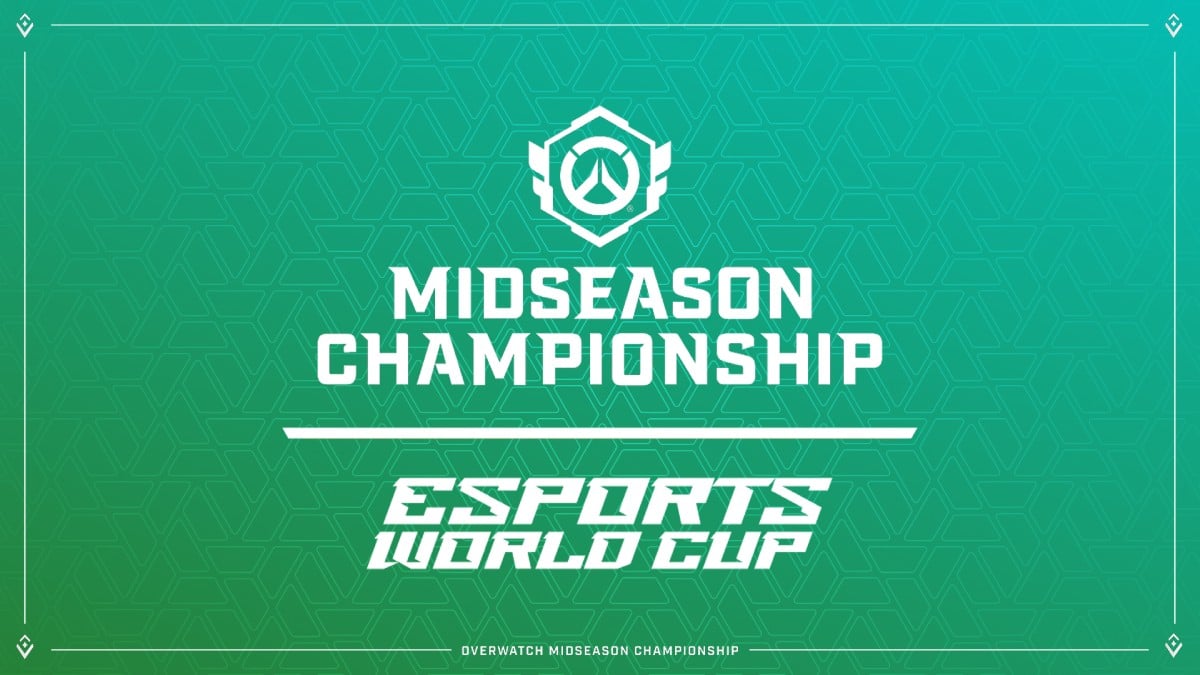
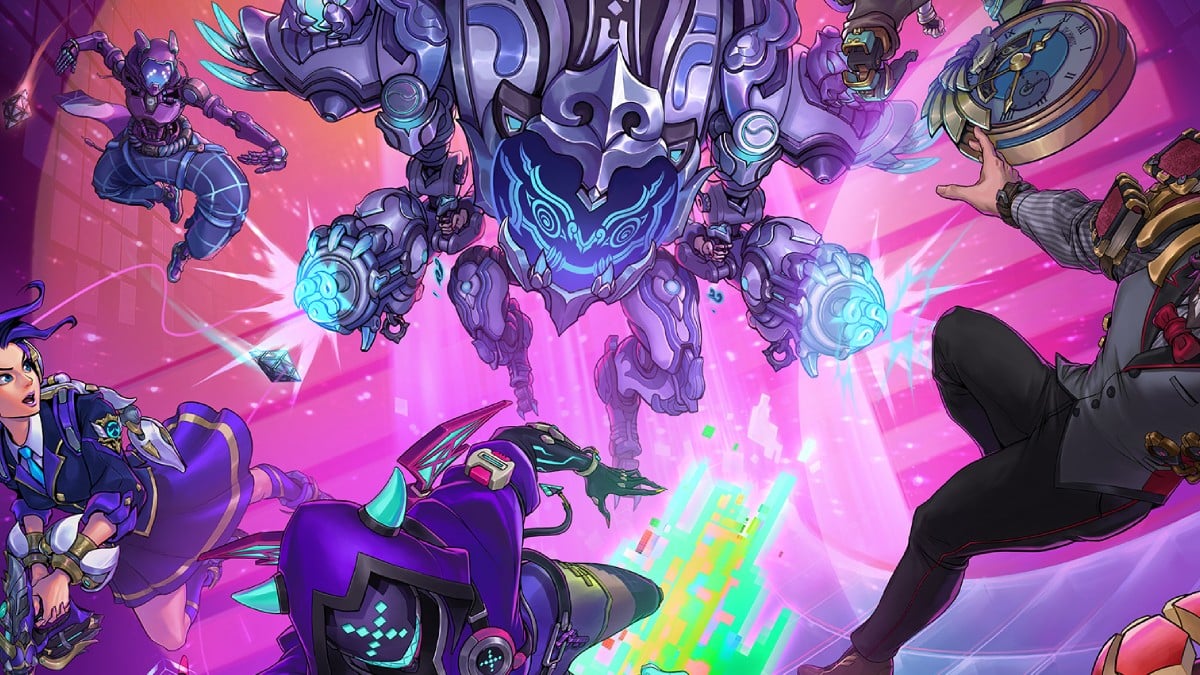
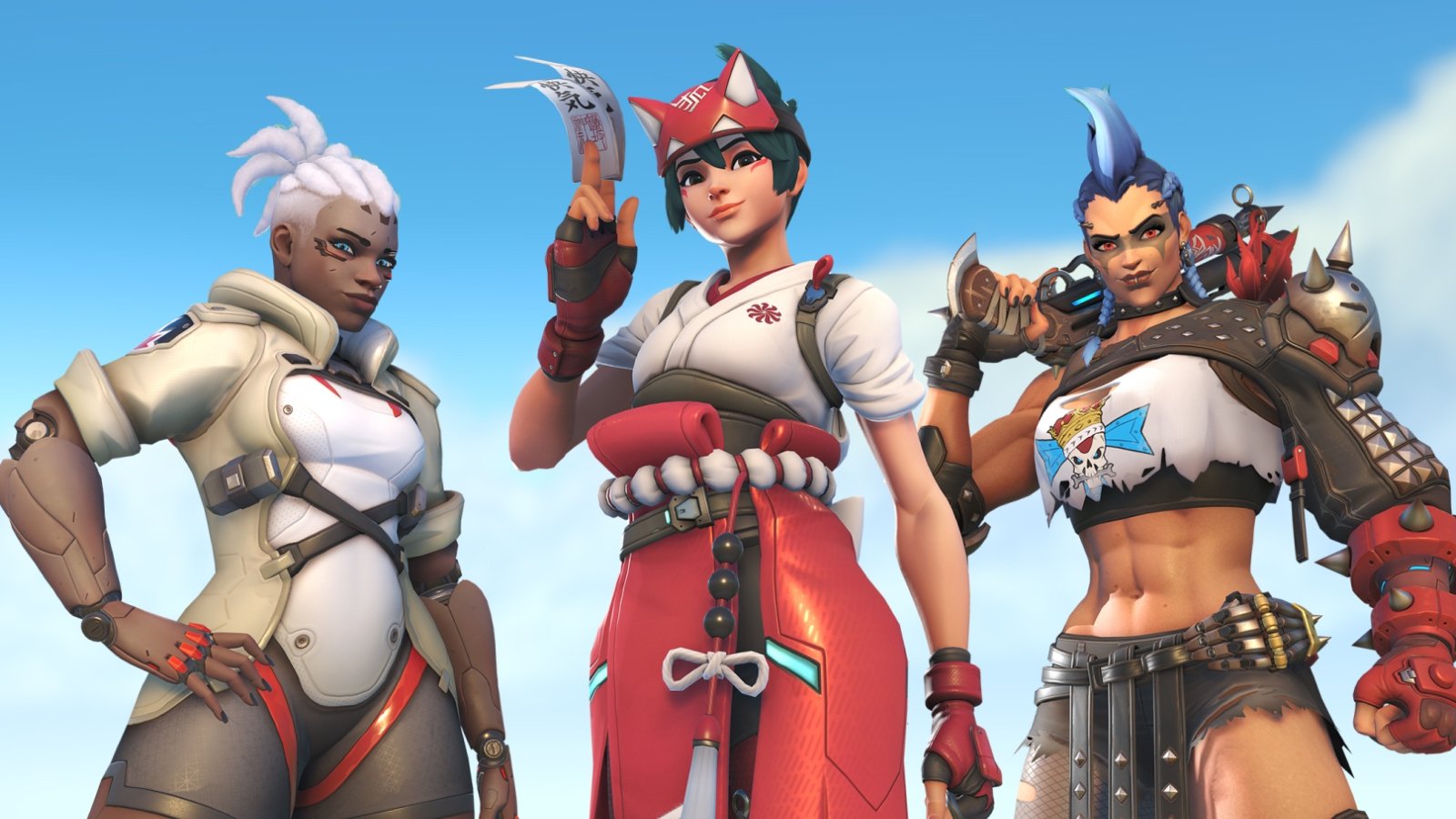
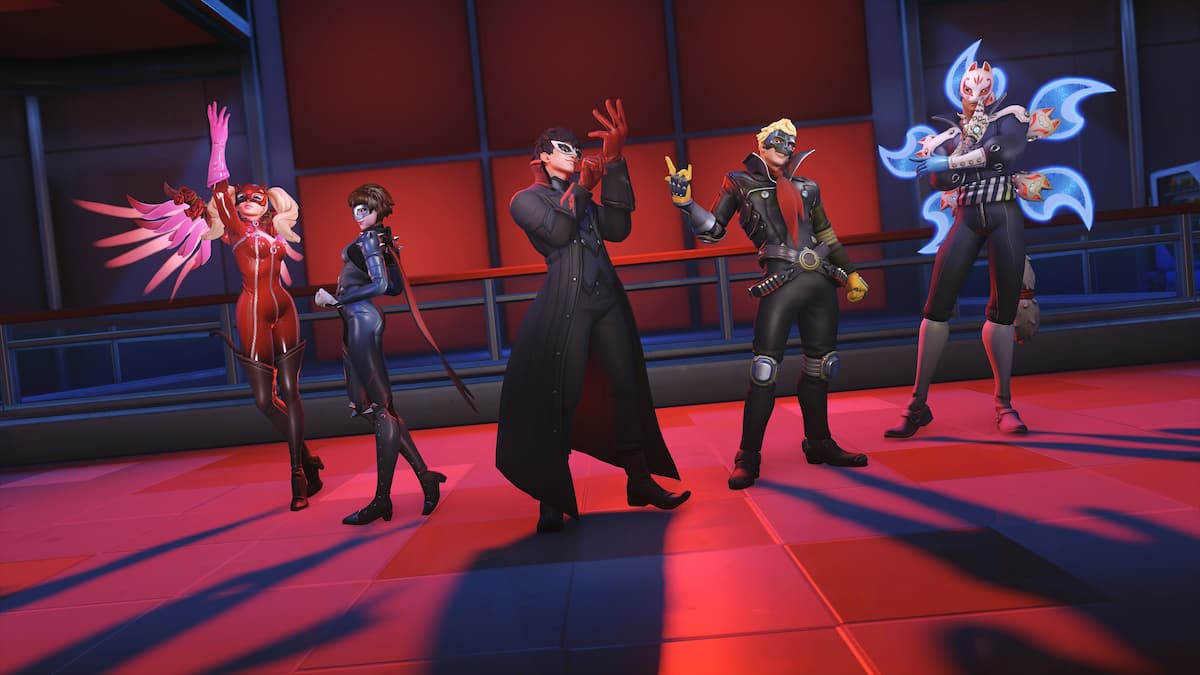
Published: Jan 13, 2020 05:28 pm